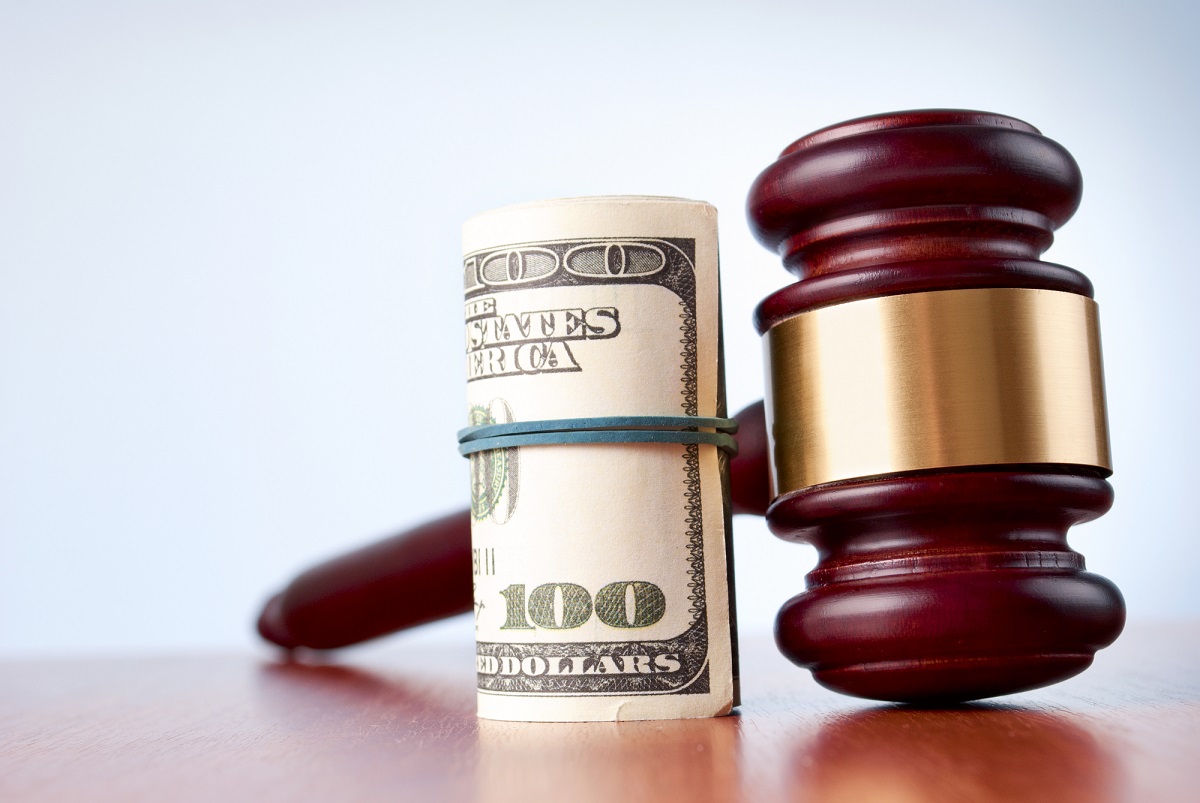A Complete Guide to Bail Bonds Licking County: Your Questions Answered
A Complete Guide to Bail Bonds Licking County: Your Questions Answered
Blog Article
How Bail Bonds Aid You Secure a Swift Release
Bail bonds serve as an essential device for individuals navigating the intricacies of the criminal justice system, using a pathway to regain liberty immediately complying with an arrest. By engaging a bail bondsman and paying a portion of the complete bail amount, offenders can resolve both lawful responsibilities and individual responsibilities without the prompt worry of complete payment.
Understanding Bail Bonds
Bail bonds act as a critical mechanism in the lawful system, offering individuals with a method to safeguard their release from custodianship while awaiting test. This financial setup enables offenders to post bond, which is a set quantity identified by the court, guaranteeing their appearance at future court days. When a defendant can not manage the full bail quantity, they may seek aid from a bail bond business, which typically charges a cost, typically around 10% of the complete bail quantity.
The bail bond functions as an assurance to the court that the offender will comply with all lawful commitments. The bail bond business is liable for paying the complete bail quantity if the offender fails to show up in court. This threat incentivizes the business to make certain that the accused appears for their scheduled hearings.
Understanding the conditions of a bail bond is necessary for anyone considering this option. It is necessary to identify that bond bonds do not cover other prices or legal costs associated with a trial. Individuals need to be knowledgeable regarding their responsibilities and civil liberties when getting in into a bail bond agreement. This expertise can dramatically affect the result of their legal situation.
The Duty of a Bondsman
How does a bail bondsman assist in the release of offenders from protection? A bail bondsman, also referred to as a bail bonds agent, plays a critical function in the bail process by providing the funds essential to protect an offender's release from prison - bail bonds licking county. When a defendant can not manage the full bond amount established by the court, the bondsman action in to cover this cost, generally billing a non-refundable premium, normally a percent of the overall bond
Once the costs is paid, the bail bondsman secures the offender's launch by signing a surety bond with the court. This bond assures that the defendant will show up for all set up court hearings. If the defendant stops working to show up, the bondsman is in charge of paying the complete bond quantity to the court, which incentivizes the bondsman to make sure the offender abides by their court responsibilities.
In addition, bondsmen typically analyze the risk linked with each case, examining the offender's history, connections to the community, and probability of showing up in court (bail bonds licking county). This risk evaluation notifies the terms of the bond and may include security needs, additionally guaranteeing the bondsman's investment is protected throughout the legal procedure
Benefits of Utilizing Bail Bonds
Using bond bonds supplies a number of benefits for accuseds dealing with legal difficulties. One of the primary advantages is the financial relief it offers. When people are restrained, protecting their release usually calls for a significant amount, which may be uncontrollable for numerous. Bail bonds allow offenders to pay a portion of the overall bail amount, usually around 10%, thereby reducing the immediate monetary problem.

In addition, collaborating with a bond bondsman provides accessibility to specialist support through the complicated legal landscape. Bondsmen are well-informed concerning the lawful system and can provide beneficial advice, making certain defendants comprehend their rights and obligations. This specialist assistance can be crucial in protecting a positive outcome in court.
Lastly, utilizing a bail bond can assist keep an offender's public image and employment status, which might be adversely affected by long term detention. On the whole, the benefits of bail bonds prolong beyond monetary considerations, promoting stability during a difficult time.
The Bond Refine Described
Recognizing the bond procedure is important for anybody navigating the complexities navigate to this website of the legal system. The bail process begins after an individual is arrested and brought before a judge. During the initial appearance, the judge identifies whether bail applies and sets the quantity based upon the intensity of the fees, the accused's criminal history, and trip threat.
As soon as bond is set, the accused has several options for securing their launch. They can pay the complete bail amount in cash money to the court, which is reimbursed upon the final thought of the situation, gave all problems are satisfied. Alternatively, many people choose to utilize a bail bond service. In the offender, this situation or a co-signer pays a non-refundable fee, usually 10% of the overall bail quantity, to the bail bondsman, that after that covers the full bond.
Upon settlement, the bondsman documents essential documents, and the offender is released from custodianship. It is essential to recognize the obligations included, consisting of going to all court hearings and following any problems established by the judge, as failing to do so can lead to a loss of the bail and additional lawful effects.
Common Misconceptions Regarding Bond

One more common misconception is that bail amounts are widely set and unchangeable. In truth, courts have discernment in establishing bail quantities based upon numerous elements, including the nature of the criminal offense, the accused's criminal history, and flight threat. In addition, several think that only affluent people can pay for bail, neglecting the existence of bail bonds, which give an even more obtainable economic remedy.
Some additionally assume that bond is a penalty, not understanding that it acts as a mechanism to guarantee accuseds stand for their court dates while maintaining their liberty during the lawful process. Several people are not aware that bail is not a right; it can be rejected under specific circumstances, particularly in significant criminal activities or repeat offenses. Clearness on these mistaken beliefs is essential for informed choices concerning bail and the total legal procedure
Verdict

When a defendant can not afford the complete bond quantity, they might seek support from a bail bond business, which commonly charges a cost, usually around 10% of the total bond amount.
If the defendant fails to show up in court, the bail bond company is responsible for paying the full bond quantity. A bondsman, basics additionally recognized as a bail bonds representative, plays a critical duty in the bond procedure by supplying the monetary resources necessary to protect a defendant's release from jail. Bail bonds allow defendants to pay a portion of the complete bond amount, usually around 10%, thereby relieving the prompt monetary burden.
In this case, a co-signer or the offender pays a non-refundable charge, usually 10% of the total bond amount, to the bond bondsman, who then covers the complete bail.
Report this page